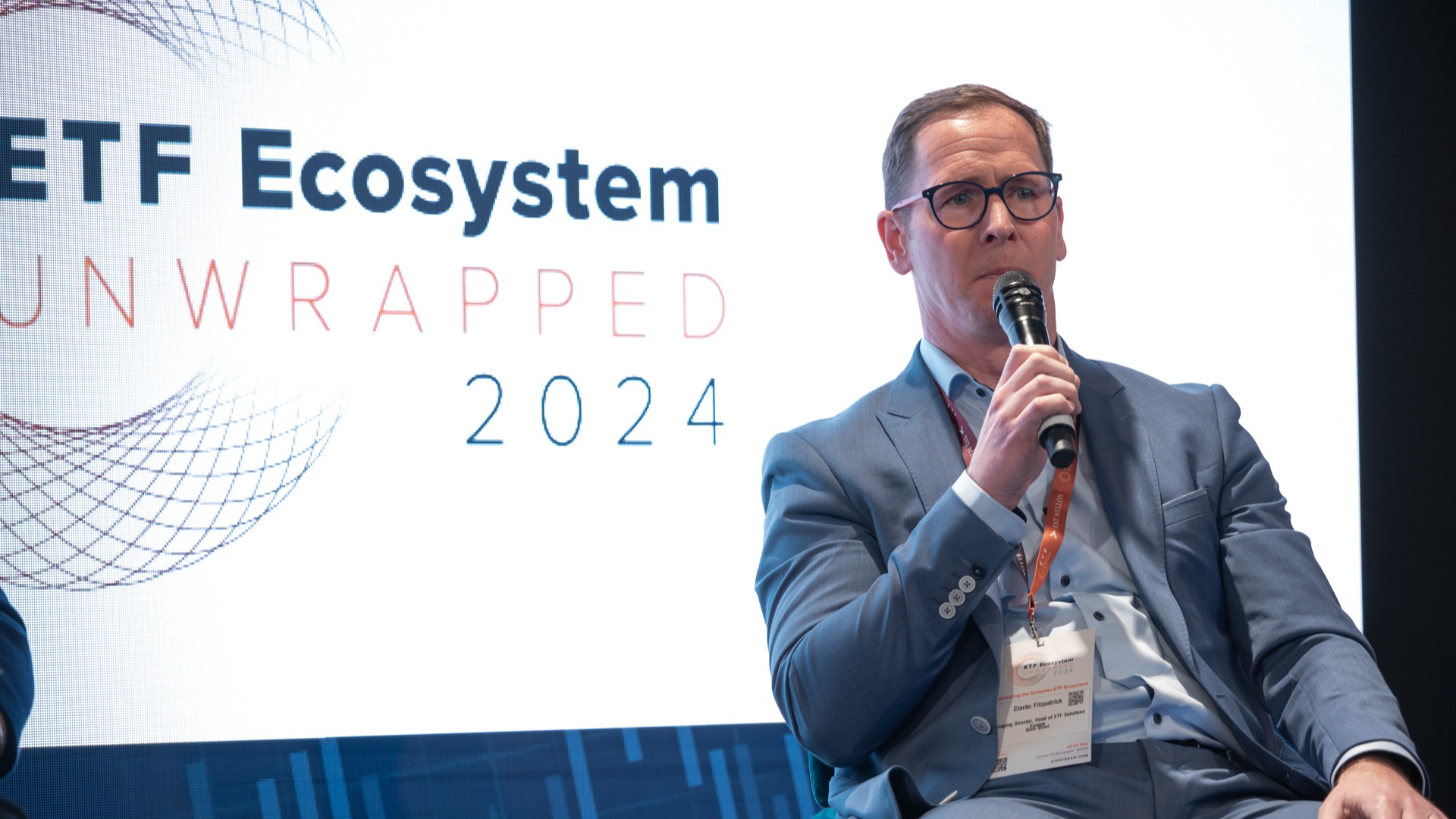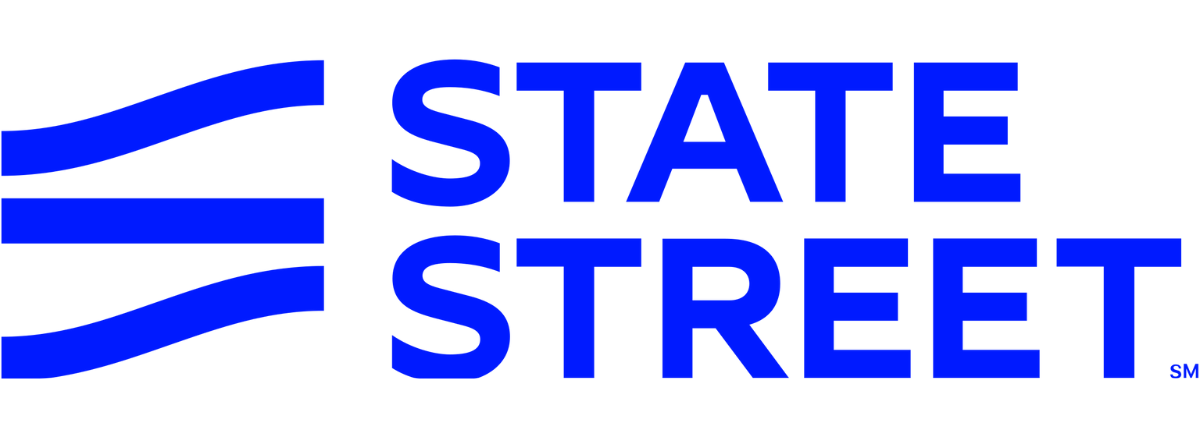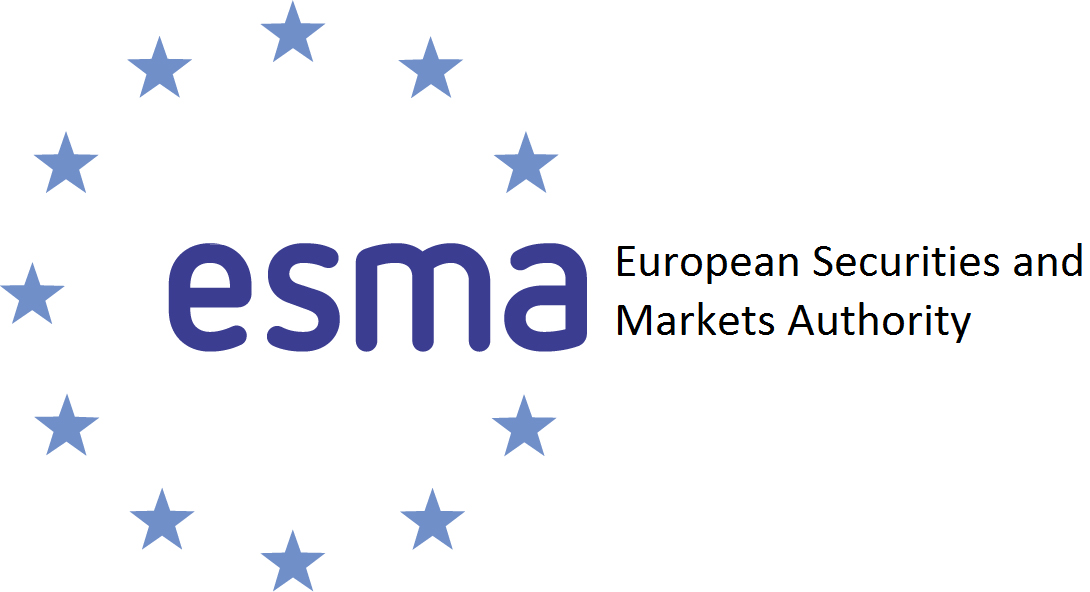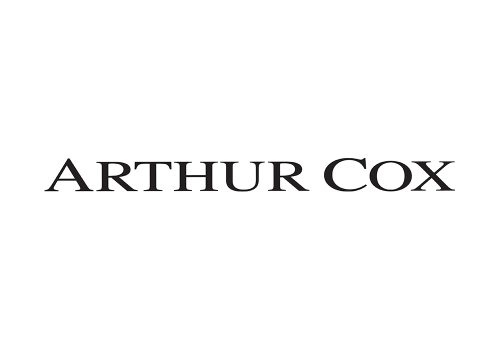The European Securities and Markets Authority (ESMA) should remove the ETF share class naming convention as more asset managers look to enter the market through the strategy, according to Ciaran Fitzpatrick, head of ETF solutions for Europe at State Street.
Speaking at ETF Stream’s ETF Ecosystem Unwrapped 2024, Fitzpatrick (pictured) said he would “love to see the naming convention removed” to end a conversation that has been going on for “over a decade”.
Demand for ETF share classes was expected to be bigger after HSBC Asset Management launched the first ETF share classes within the same Irish-domiciled fund structure last year, however, take-up so far has been slow.
“Operationally, I would love to see the naming convention issue removed, we have been talking about it for over a decade,” he said.
“HSBC AM accepted it and just moved mutual funds into ETFs so there is definitely an appetite and we are seeing more interest.
“Maybe some issuers use it as an excuse and perhaps they would just get on with it if the convention was not there.”
He added the convention – introduced by ESMA in 2012 – was not put in there to stop asset managers creating ETF share classes of mutual funds but was a consequence of outdated regulation.
ESMA’s current naming rules require any UCITS fund with an ETF share class to have UCITS ETF in the fund name which many believe could hinder wider adoption.
A handful of Luxembourg-domiciled funds have also set up ETF share classes but the jurisdiction has a more relaxed approach to the naming convention.
Speaking on the same panel, Tara O’Reilly, partner and co-head of asset management at Arthur Cox, added: “It is fair to say the CBI does not have an issue with the concept of mixing shares. This is an interpretation issue.”
Tax impacts
Despite this, Fitzpatrick said it is the tax impact around Ireland’s Double Taxation Treaty on US equities that is the primary reason for the slow uptake in Irish funds.
“It is more the tax impact on US equities,” he said. “There are constantly questions over if there is going to impact the taxation treaty or not. There is too much risk when co-mingling ETFs and mutual funds together.”
HSBC AM has only launched the structure on bond ETFs but said it would look to expand this to equities in the future.
Fitzpatrick said if issuers were looking at the structure, they should put “control mechanisms in place” to make sure they do not go over a certain threshold on the oldest mutual fund share class, ensuring the ETF remains the principal share class.
“If asset managers are just going to launch unlisted share classes across a whole range in ETFs in Ireland, they will lose your taxation treaty somewhere along the line,” he said.





